July 2025 Tax Reform Highlights for Individuals and Small Businesses
Earlier this month, a sweeping new piece of tax legislation—formally titled the One Big Beautiful Bill Act—was signed into law. This bill includes major updates to the tax code that may affect you or your business beginning with the 2025 and 2026 tax years. We’ve outlined the biggest takeaways so you know what to expect—and how to plan.
Key Takeaways for Individuals
1. Lower Tax Rates Made Permanent
The reduced individual tax brackets first introduced in the 2017 Tax Cuts and Jobs Act (TCJA) are now permanent. This includes keeping the top marginal rate at 37% instead of reverting to the pre-TCJA rate of 39.6%.
2. Bigger Standard Deductions
The standard deduction is increasing again, with amounts adjusted annually for inflation:
Single: $15,750
Married Filing Jointly: $31,500
Head of Household: $23,625
This change simplifies tax filing for many and means fewer taxpayers will need to itemize deductions.
3. Expanded Child and Dependent Credits
Child Tax Credit: Increased to $2,200 per child (indexed for inflation)
Additional $500 credit for other dependents
Phaseouts remain at $400,000 for joint filers and $200,000 for others
4. Support for Seniors
A new $6,000 deduction is available for seniors 65+, on top of the standard deduction.
5. Increased Estate and Gift Tax Exemptions
The estate and gift tax exemption will now be $15 million per individual, up from $13.99 million—benefiting families with significant wealth to transfer.
6. Alternative Minimum Tax (AMT) Thresholds Raised
Higher exemption levels and phaseouts mean fewer people will be affected by the AMT.
7. Homeowners: Mortgage Interest Rules Extended
The $750,000 limit on acquisition debt for mortgage interest deductions is now permanent, and mortgage insurance premiums now count as deductible interest.
8. Casualty Losses Limited to Disasters
Only losses from federally (or now, certain state) declared disasters are deductible.
What Small Business Owners Should Know
1. Qualified Business Income (QBI) Deduction Extended
The 20% pass-through deduction for S corps, partnerships, and sole proprietors is now permanent—with a new minimum deduction of $400 for businesses earning at least $1,000 in QBI.
2. Business Expensing Gets a Boost
100% bonus depreciation restored for property placed in service after January 19, 2025
Section 179 expensing limit increased to $2.5M (with a $4M phaseout cap)
Full expensing now allowed for R&D expenses—including software development
3. Paid Family Leave Credit Made Permanent
Businesses can continue to claim this credit or apply it toward insurance premiums.
New Middle-Class Incentives
1. No Tax on Tips or Overtime (within limits)
Up to $25,000 in cash tips and $12,500 in qualified overtime pay are deductible for workers
Phases out for higher earners ($150k+ single, $300k+ joint)
2. Car Loan Interest Now Deductible
Deduct up to $10,000 in interest on personal car loans—only for vehicles assembled in the U.S.
3. New “Trump Accounts” for Kids
A new savings account option for children under 18, modeled like a Traditional IRA
$5,000 annual contribution limit
Funded investments must be in broad-based U.S. equity index funds with low fees
SALT Deduction Temporary Expansion
The State and Local Tax (SALT) deduction allows taxpayers who itemize to deduct certain state and local taxes—such as income, sales, and property taxes—from their federal taxable income. Under the new tax law, the SALT deduction cap is temporarily increased to $40,000 for individuals (or $20,000 for married couples filing separately) beginning in 2025.
However, the benefit is phased out for higher earners:
For individuals, the deduction begins to phase out at a modified adjusted gross income (MAGI) of $500,000, and is completely eliminated at $600,000.
For married filing separately, the phaseout starts at $250,000, and ends at $300,000.
Both the cap and the income phaseout thresholds will increase by 1% per year through 2029. Unless extended by future legislation, the deduction cap will revert to $10,000 for all taxpayers starting in 2030.
This temporary expansion offers a valuable opportunity for some high-income taxpayers—especially in high-tax states—to reduce their federal tax bill over the next few years.
Final Thoughts from Trail CPA
While this legislation makes several popular provisions permanent, it also introduces new planning opportunities and limitations. Whether you're an individual looking to reduce your tax bill or a business owner navigating deductions and credits, Trail CPA is here to help you make sense of the changes—and take advantage of them.
Have questions about how this affects you? Contact our team today.



